This post may contain affiliate links. Please read my privacy policy.
Easy chicken curry recipe that takes 30 minutes from start to finish. This chicken curry with potatoes and coconut milk is a common chicken curry in Malaysia.
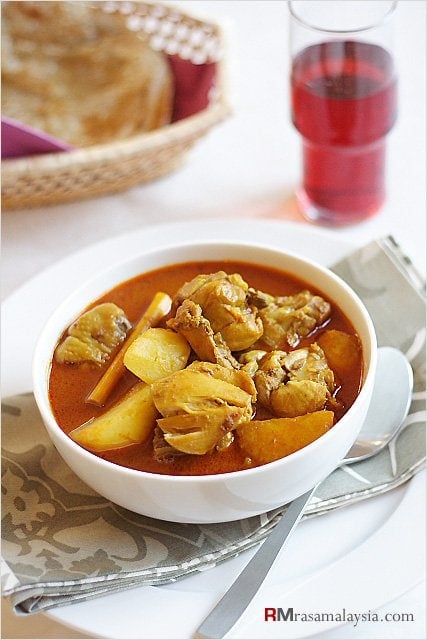
Chicken Curry Recipe
There are many variations of chicken curry in Malaysia: Chinese, Malay, Nyonya and Indian style.
Curry chicken with potatoes is the most common chicken curry recipe in Malaysia. Everywhere you go where curries are served, you will find this type of chicken curry.
For the Nyonya in Penang, chicken curry is especially popular and often served with nasi kunyit which is Malaysian coconut milk and turmeric-infused sticky rice.
In fact, there is a Nyonya ritual that celebrates the first month of a new born baby. Called “mua guet” or 满月 in local dialect, this celebration comes complete with a nice food package.
In the old days, the food package was packed in a delicate and beautiful Nyonya wood basket that contains chicken curry, nasi kunyit, and a few other goodies.
I often make chicken curry here in the US and I love serving the it with roti canai or naan. You can buy frozen ones from food stores but they are so easy to make at home.
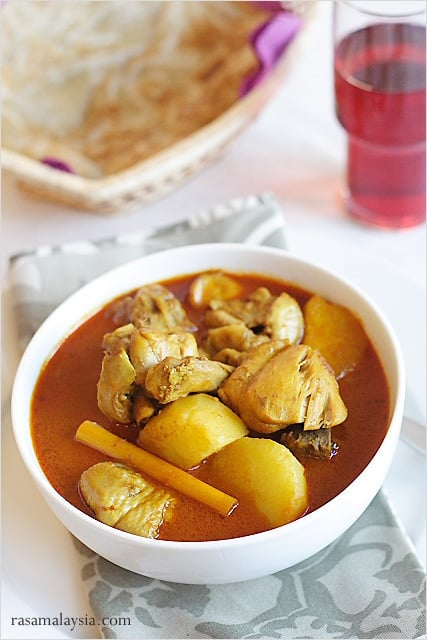
How To Cook Curry Chicken
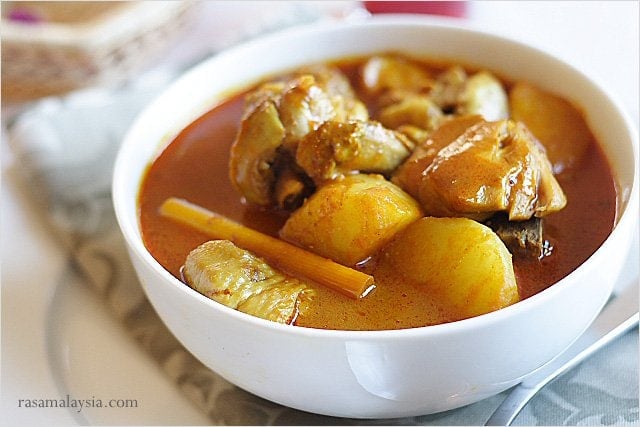
To make the curry, I use my favorite instant curry paste which is made in my hometown, Penang.
If you like to make chicken curry from scratch, check out this chicken curry recipe.
Frequently Asked Questions
This recipe is only 246 calories per serving.
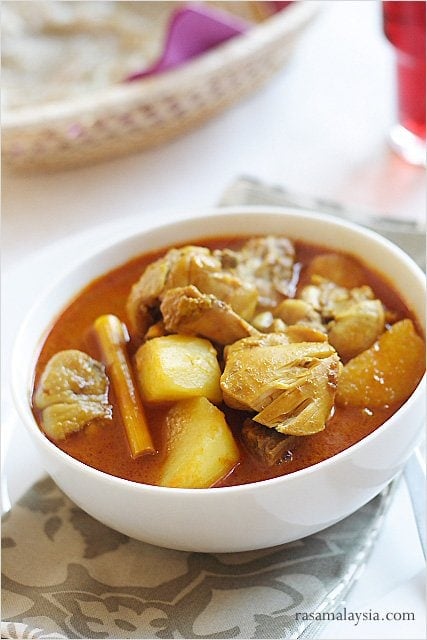
What To Serve With Chicken Curry With Potatoes
This meal is best served with naan or rice. For a wholesome meal and easy weeknight dinner, I recommend the following recipes.
I hope you enjoy this post as much as I do. If you try my recipe, please leave a comment and consider giving it a 5-star rating. For more easy and delicious recipes, explore my Recipe Index, and stay updated by subscribing to my newsletter and following me on Facebook, Pinterest, and Instagram for new updates.
Other Recipes You Might Like
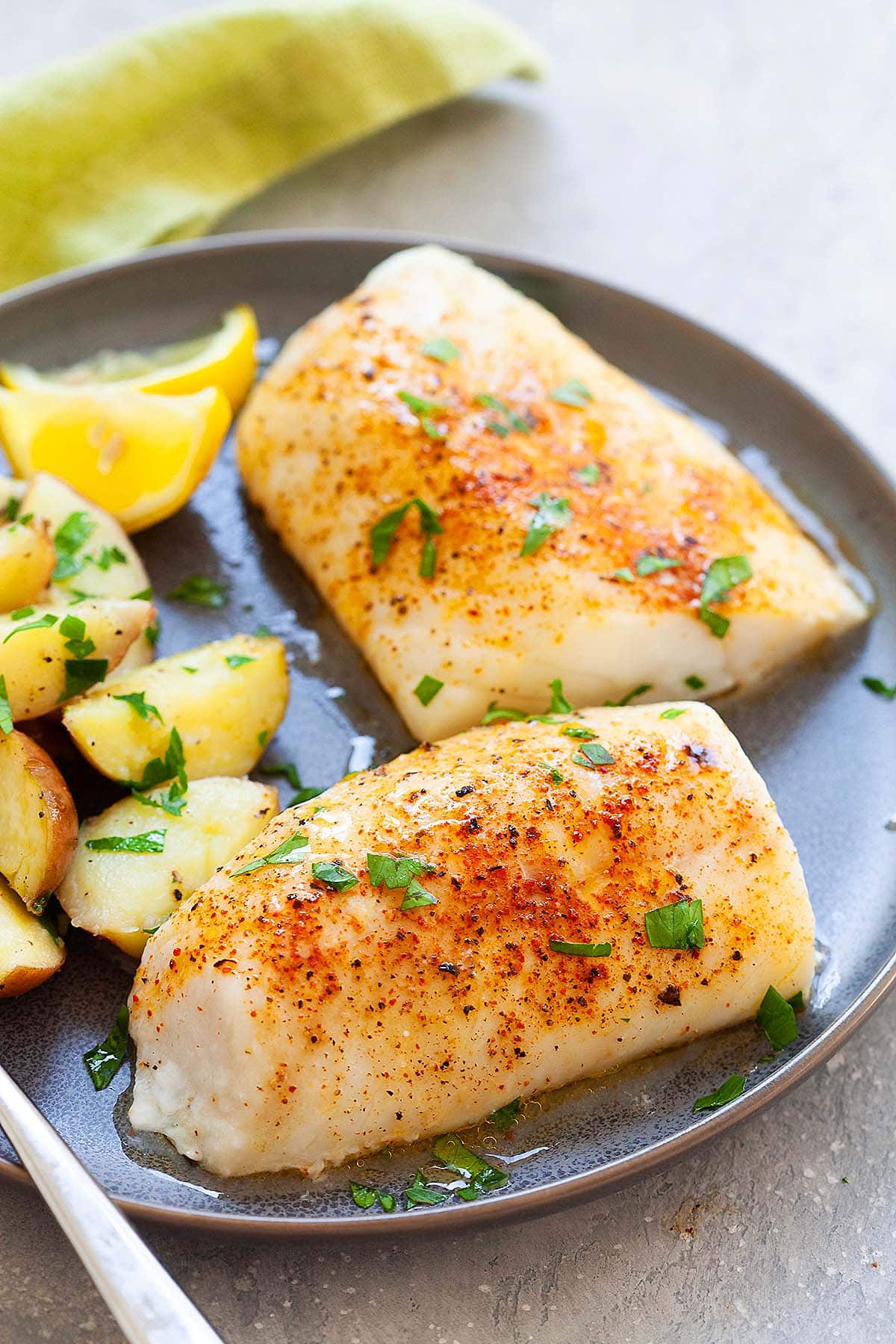
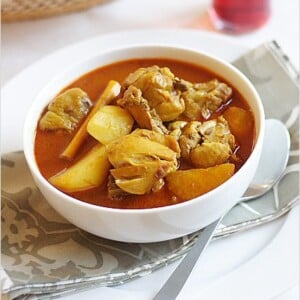
Chicken Curry with Potatoes Recipe
Ingredients
- 1 pack instant curry paste, 8 oz. or 250 g
- 8 oz (230g) potatoes, peeled
- 2 lbs (900g) chicken, 4 drumsticks and 4 thighs or 4 leg quarters
- 3 shallots, peeled and sliced thinly
- 2 lemongrass, use the white parts only, pounded
- 1 tablespoon oil
- 2 cups water
- 1/2 cup coconut milk
- 1 sprig curry leaves, optional
Instructions
- Cut the chicken into pieces, leaving the bone in. If you prefer boneless chicken, then debone the chicken.
- Heat a deep pot and add the oil. Sauté the sliced shallots until aromatic or lightly browned. Add the curry paste to the pot and stir until fragrant. Add the chicken and lemongrass, stirring for 1 minute before adding the water.
- Cover the pot and reduce the heat to medium. Bring the curry chicken to a boil, then lower the heat. Add the potatoes and simmer for about 20 minutes, or until the chicken becomes tender. Add the coconut milk and bring it to a boil. Serve hot.
- Alternatively, you can let the chicken sit overnight before adding the coconut milk the next day. This method ensures that the chicken is very tender and aromatic, as the flavors have time to develop overnight. Serve the chicken curry the following day if you use this method.
Video
Notes
Buying Guide:
You can buy Instant curry paste on Amazon. This is the brand I use.Nutrition
Nutrition information is automatically calculated, so should only be used as an approximation.
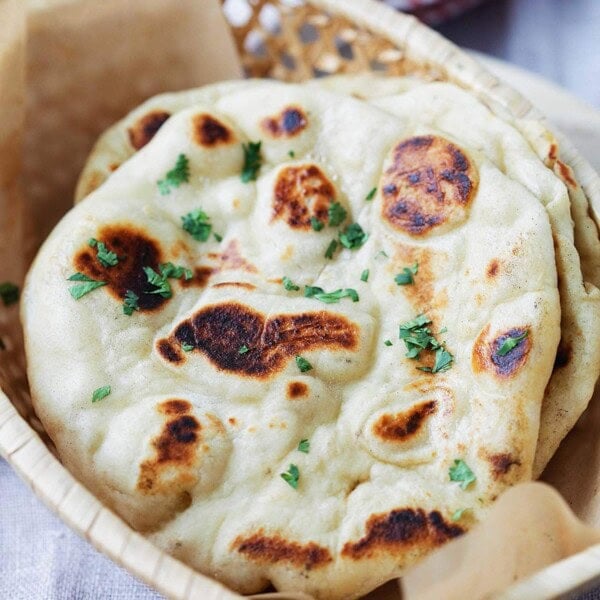
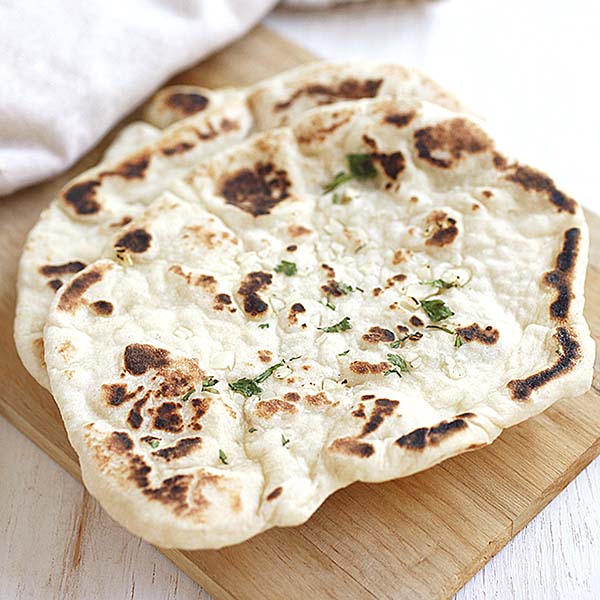
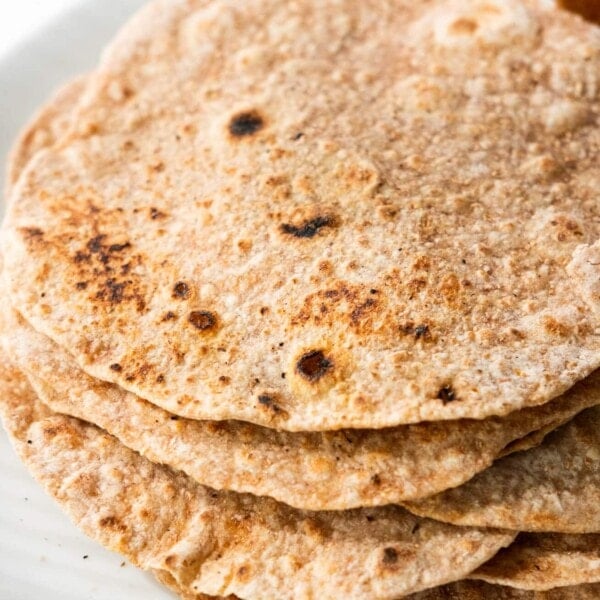
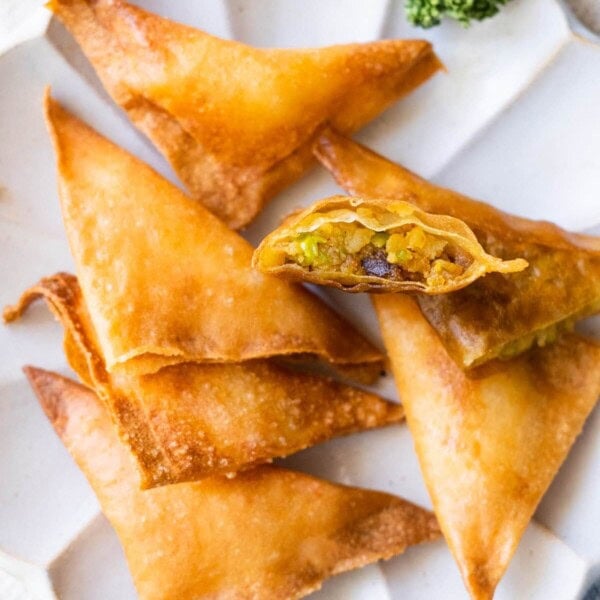






Again Chicken Curry 🍛 😋 looks delicious and i gotta try this for sure you are the best John thanks again.
Thanks John for your comment and rating! :)
Can I use Penang curry paste here?thx
yes, just slightly different taste and milder.
Yes! Finally found this recipe after an extensive search and I am so pleased with it! So simple and so tasty. This is the closest recipe I’ve found to the nyonya chicken potato curry I used to eat for lunch every day at Satay Kingdom Cafe in Wellington, NZ. Thank you so much for publishing this, Bee!
PS: Any suggestions for cooking this recipe in an instant pot instead?
Hi Steve, thanks for trying my recipe. Yes you can cook using an Instant Pot for 8 minutes, add coconut milk only after pressure cooking.
Thank you for this useful recipe! Apart from being quite appetizing, curry has been found to be beneficial for individual’s long-term health. If eaten regularly, one can significantly benefit from curry’s minerals and vitamins Turmeric, a primary ingredient in curry, has contributed to several health-dish benefits.
Hello! Thank you for the recipe. When I was a child I used to eat this super spicy. Any suggestions for what peppers I should add?
Any spicy chilies.